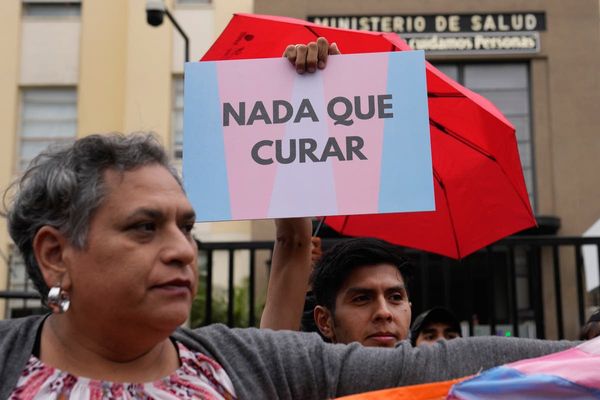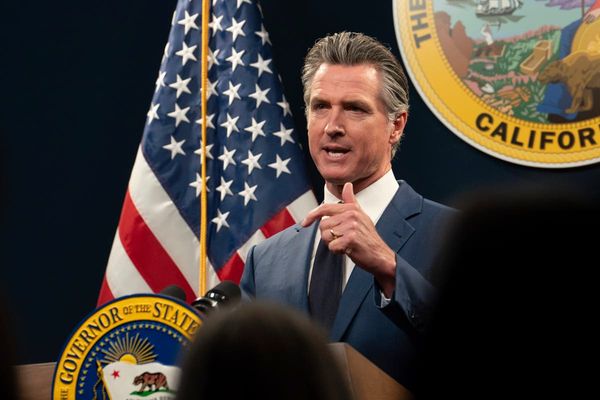
The Latin American country is grappling with misogynist crime amid a backdrop of progress for women in politics
Barring any surprises, Mexico will elect its first ever female president next year.
Claudia Sheinbaum, the “climate-scientist-turned-politician” who served as mayor of Mexico City, has been selected ahead of five male rivals as the candidate of the governing left-wing Morena party, said The Guardian.
- SEE MORE Mexico murder rate hits all-time high
- SEE MORE Mexico gambles on legalising cannabis
- SEE MORE Mexico’s controversial electoral reforms heralding a return to one-party rule
She will be challenged by Xóchitl Gálvez, who “has seized media attention with her aspirational story of growing up with an Indigenous father and mestizo mother in Hidalgo state, before working her way through public university and into business and politics”.
Mexico is a “traditionally macho nation”, said The Washington Post. But both candidates have emphasised their sex while campaigning. Sheinbaum uses the hashtag #EsTiempodeMujeres, meaning “this is women’s time”, and told Gatopardo that “girls see an example in me”. Gálvez says she rebelled against her abusive father to pursue education, and when a man tried to rape her when she was 17 she fought back with a soldering iron.
Violence against women has been rising. “In Mexico, some 10 women and girls are killed every day by intimate partners or other family members,” according to the UN. Women have been “dying at a frightening pace”, The Associated Press reported, a result of “cultural machismo, systemic gender inequality and latent domestic violence”. Even when crimes are punished, many view sentences as too lenient.
The current president, Andrés Manuel López Obrador, has faced criticism for his inability to stop Mexico becoming a “femicide nation”, The Guardian reported last year.
And in August he “sparked ridicule and outrage” when he responded to more questions on the subject by suggesting that he too could be the victim of gender-based violence. “Everything they say to me, isn’t that gender-based violence?” López Obrador said. “Or is gender only female?”
Sheinbaum and Gálvez have put women’s rights at the forefront of their respective agendas. And the feminist movement has already brought about change. Last week the Supreme Court, which in January elected its first female president, legalised abortion, stating the “denial of the possibility of a termination violated the human rights of women”. The majority of senators are now women and the central bank governor is female.
“It’s not quite Barbie Land,” said The Washington Post, “but the progress is remarkable in a country where women couldn’t even vote until 1953.”
Next June’s election is “a feminist’s dream”, Mexican women’s rights activist Maricruz Ocampo told the newspaper. It “is going to signify a turn in the way that we see women in politics”.
Many women in Mexico, who make up 52% of the population, “hope the government that takes office in October 2024 will empower them as never before”, said Reuters.
Others are more cautiously optimistic. “They’re not magical unicorns; they don’t have magic wands,” Jennifer Piscopo, professor of gender and politics at the University of London, told The Washington Post. “They’re not going to fix centuries of discrimination against women overnight.”







